Policy and guidance
Early in 2016, the Ministry of Education and 11 other ministries jointly issued a guidance on promoting study tours for primary and secondary school students. Subsequently, lists of study tour destinations were circulated widely by government bodies. This form of study, characterized by "going out," is seen as an innovative way to connect school education with extracurricular education.
The National Cultural Heritage Administration has also launched several supporting policies to encourage museums to collaborate with schools to promote traditional culture in an engaging manner. The most recent initiative, implemented in September, provides guidance on supporting archaeological sites to carry out study activities and calls for organizing more archaeology-themed tours.
Additionally, governments of various cities have implemented concrete policies to support this initiative.
Liu Kun, head of the public education department at Shenzhen Museum in Shenzhen, Guangdong province, mentioned that the department has been receiving lots of calls from schools every day since the local government announced a policy requiring students to spend half a day each week at cultural institutions in October.
"We have very limited number of workers to deal with such a big demand from schools," said Liu. In fact, the museum only has three employees focusing on study tours and programs.
The museum collaborates with schools to co-produce guidebooks for each exhibition, to help teachers and students learn from the book while visiting. However, it's still not enough to meet the massive demand.
During the summer vacation, the museum remained open for over 40 consecutive days, with peak daily attendance reaching approximately 25,000 visitors. As a result, it had to reduce the number of study tours due to a lack of staff.
"We really hope to engage the education system and some qualified social institutions to offer high-quality study tours with us," Liu said.
Museum study tours can be categorized into three types: school-led, museum-led, and institution-led. Institution-led programs are developed independently by organizations such as travel agencies, cultural companies or study tour institutions. These programs currently dominate the market in terms of quantity, variety of themes, and number of participants, said Zheng Yi, director of the Department of Cultural Heritage and Museology at Fudan University.
School-led and museum-led study tours are relatively fewer in number, and thus cannot fully meet the market demand. Consequently, institution-led museum study programs have gradually become a popular choice among consumers, said Zheng.
There are controversies surrounding museum study tours led by third-party institutions. For instance, the explanations given during these tours are often not accurate and can mislead students. The high demand for these study tours also makes it difficult for other visitors to secure reservations. Also, groups of students crowding around a piece of artifact can disrupt the viewing experience of others.
"To ensure the healthy development of study tours, scientific guidance is necessary. It's better to manage and guide these activities rather than block them," suggested Zheng.
Zhou, the expert from the Chinese Museum Association, said the healthy development of museum study tours will happen over time. The quick boom has led to problems. The National Museum of China where he works is working on a guidance to standardize study tour services in museums.
In future, he said that technology could help meet the increasing demand.








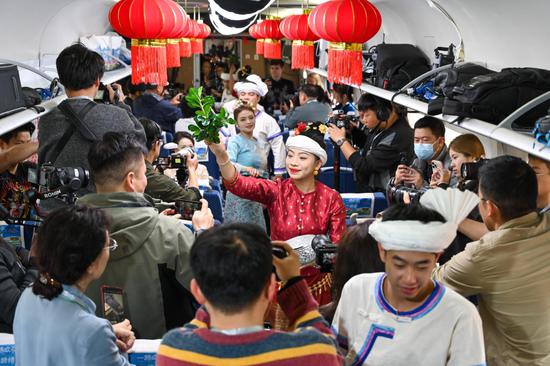

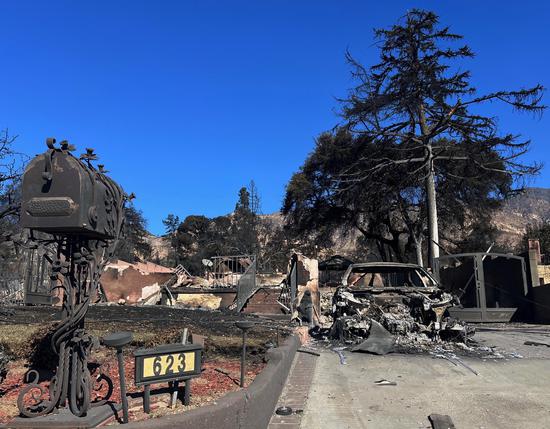




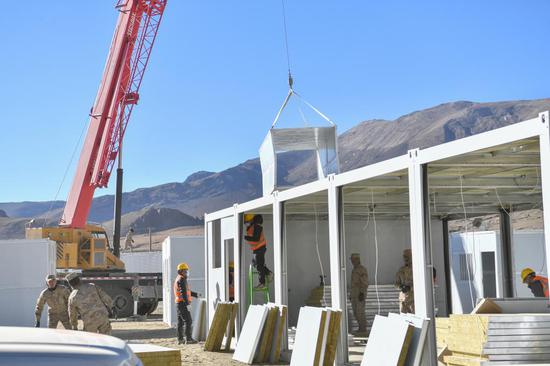



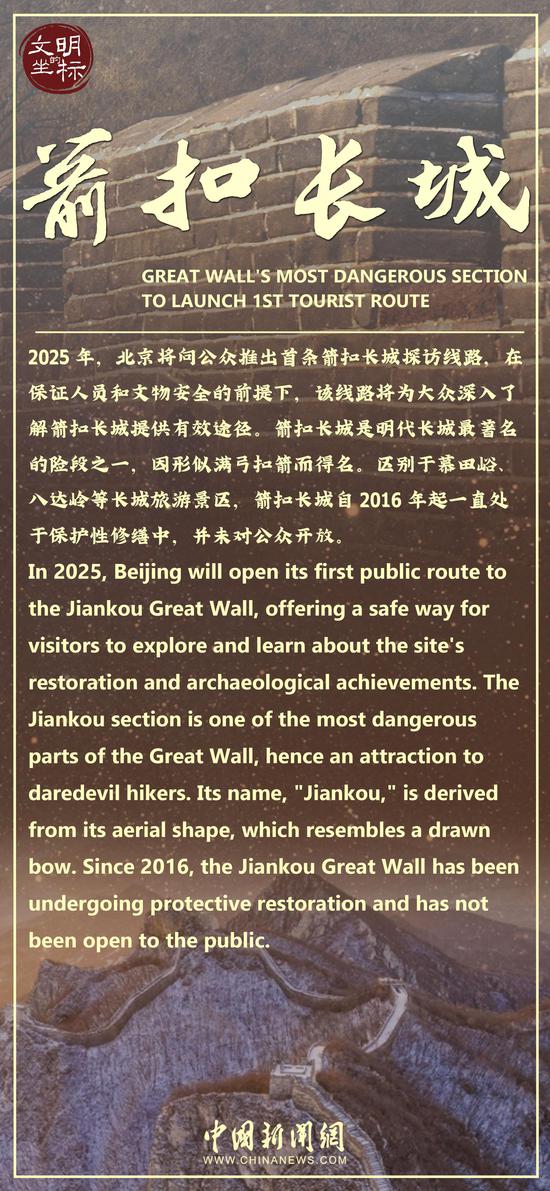




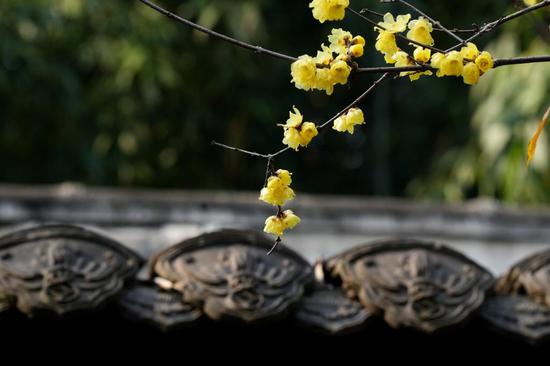

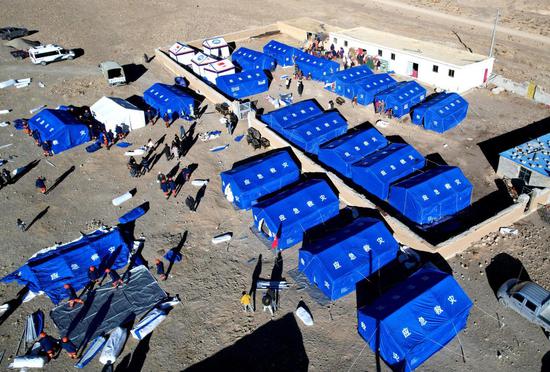

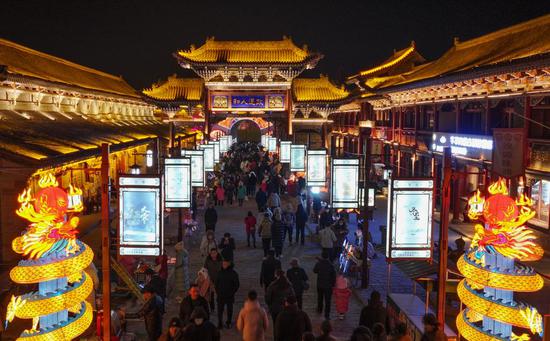
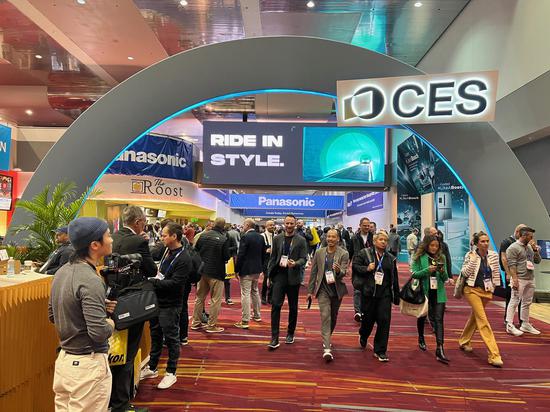
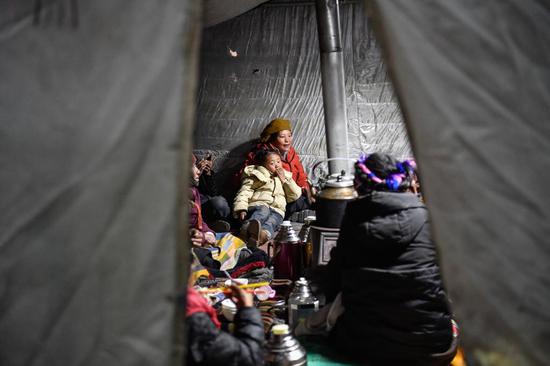









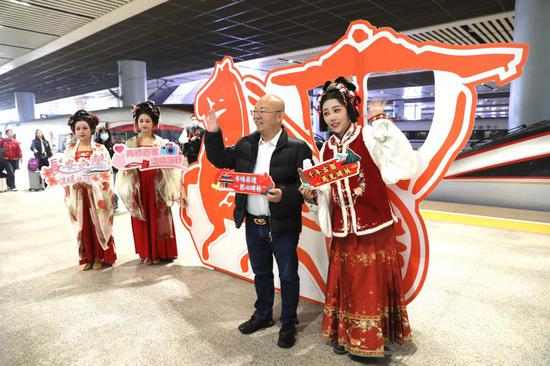
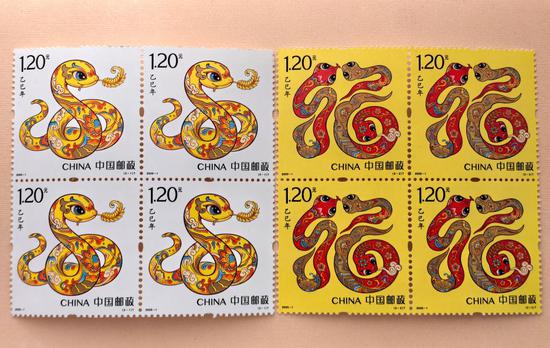


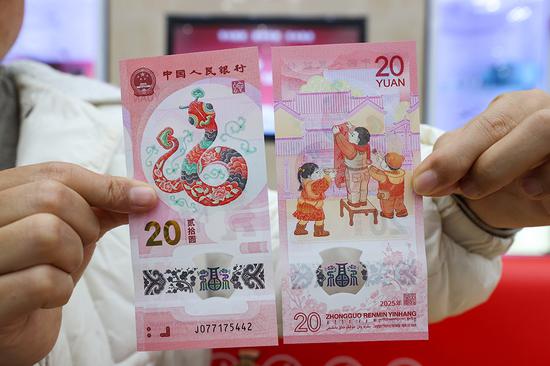





 京公網(wǎng)安備 11010202009201號
京公網(wǎng)安備 11010202009201號